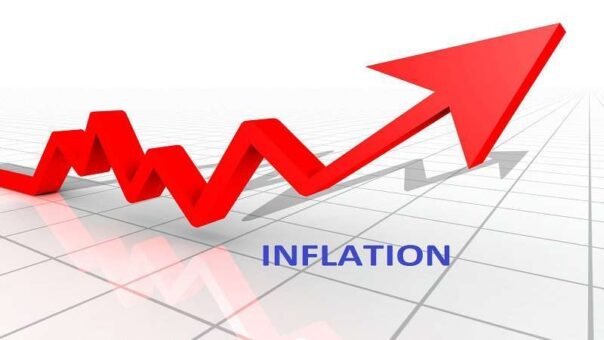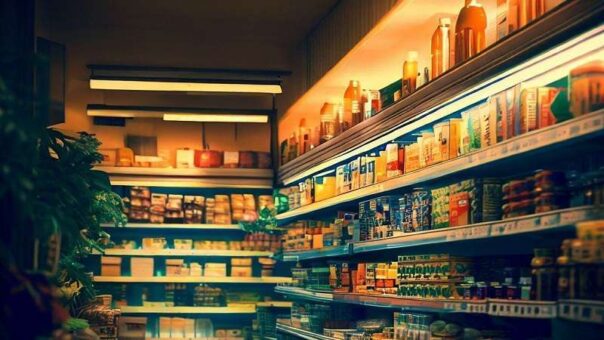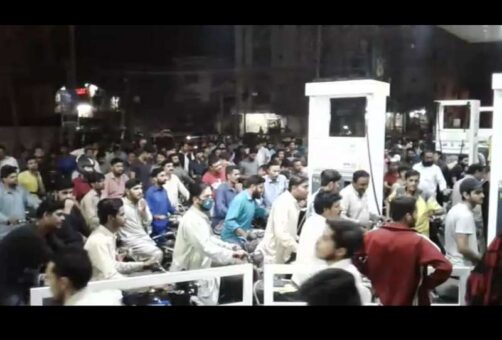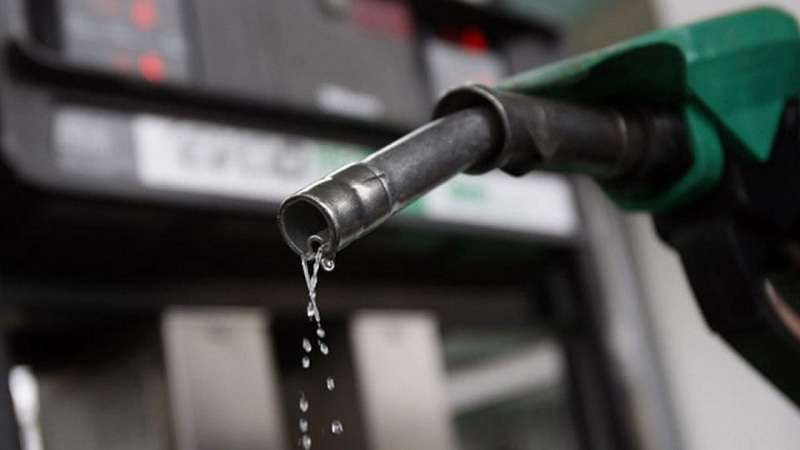Islamabad, September 1, 2023 – Startling official statistics reveal that the prices of essential commodities, including wheat flour, sugar, and tea, have surged to nearly double their previous rates over the past year, according to data released by the Pakistan Bureau of Statistics (PBS) on Friday.
(more…)Tag: inflation
-

Soaring Petroleum and Food Prices Expected to Drive August Inflation
Karachi, August 31, 2023 – The substantial increase in the prices of petroleum products and food items is poised to fuel inflation for August 2023.
(more…) -

Weekly Inflation Inches Up: Pakistan Bureau of Statistics
Islamabad, August 25, 2023 – The Pakistan Bureau of Statistics (PBS) has reported a slight uptick in inflation by 0.05 percent for the week ending August 24, 2023.
(more…) -

Petroleum Price Increase Leads to 31% Rise in Essential Item Costs
Islamabad, August 12, 2023 – The recent rise in petroleum prices has caused the costs of essential items to surge, as reported by the Pakistan Bureau of Statistics (PBS).
(more…) -

Prices of Essential Items Surge by 30% in Pakistan
Islamabad, August 4, 2023 – Pakistan is facing an alarming surge in the prices of essential consumer items, with a staggering 30% increase Year on Year (YoY) by the week ended August 3, 2023.
(more…) -

Prices of Essential Items Jump by 29% in Pakistan
Islamabad, July 14, 2023 – Pakistan has witnessed a significant 29 percent increase in the prices of essential items, based on the Year on Year (YoY) comparison as of the week ending on July 13, 2023.
(more…) -

Pakistan’s Middle Class Bears Brunt of Inflation as Kitchen Item Prices Soar
Islamabad, July 7, 2023 – Pakistan’s middle class is grappling with the impact of rising inflation, particularly the surge in prices of essential kitchen items, according to official data released by the Pakistan Bureau of Statistics (PBS) on Friday.
(more…) -

Pakistan Petroleum Prices Updated for June 2023
The government of Pakistan has updated petroleum prices for June 2023. The new prices will remain in effect until the end of the month.
(more…) -

Weekly Prices Experience 0.2% Inflation in Pakistan
Islamabad, June 16, 2023 – The Pakistan Bureau of Statistics (PBS) reported a 0.2 percent increase in weekly prices of essential items for the week ending on June 15, 2023, compared to the previous week.
(more…) -

Petroleum Prices Surge by 45%, Driving Inflation in Pakistan
Karachi, June 2, 2023 – Petroleum prices in Pakistan have experienced a significant increase of 45% on a year-on-year basis, contributing to a rise in inflation, according to official statistics released on Friday by the Pakistan Bureau of Statistics (PBS).
(more…)